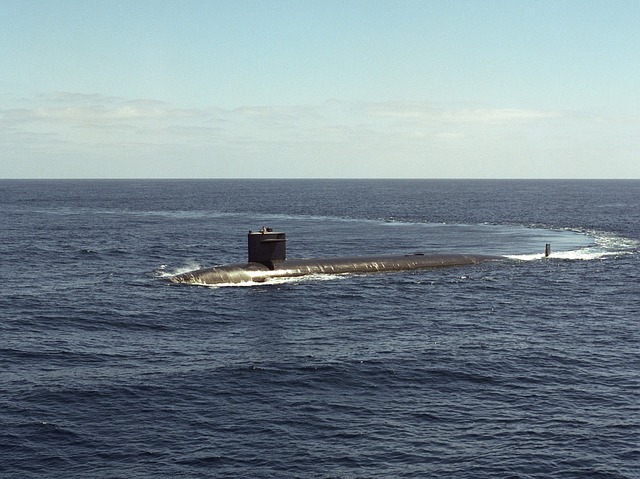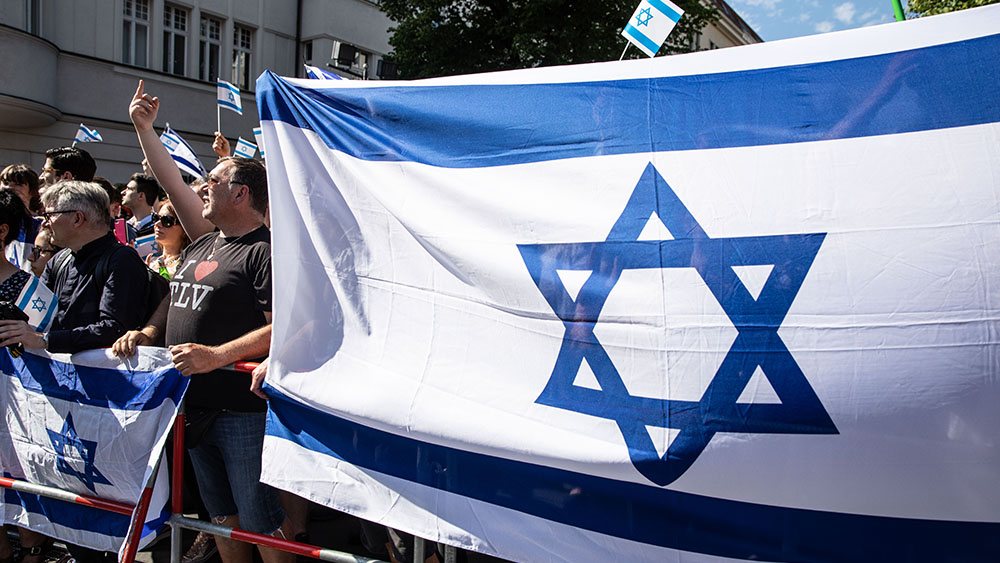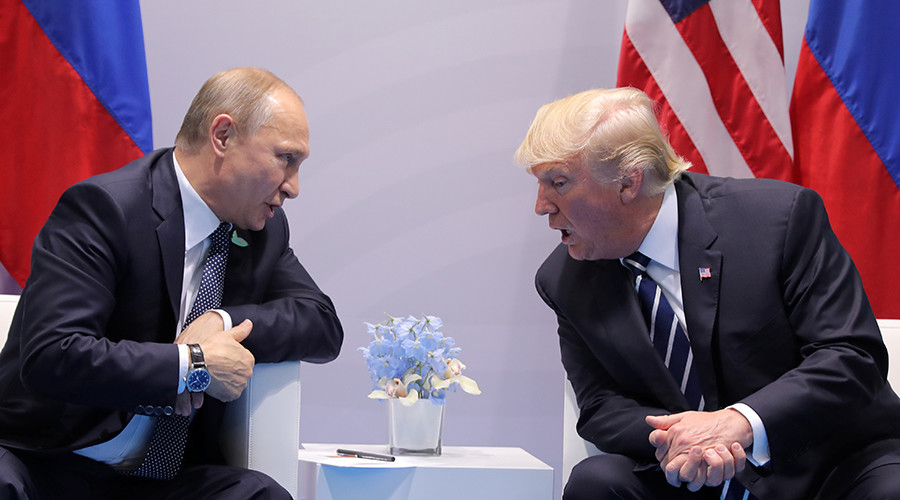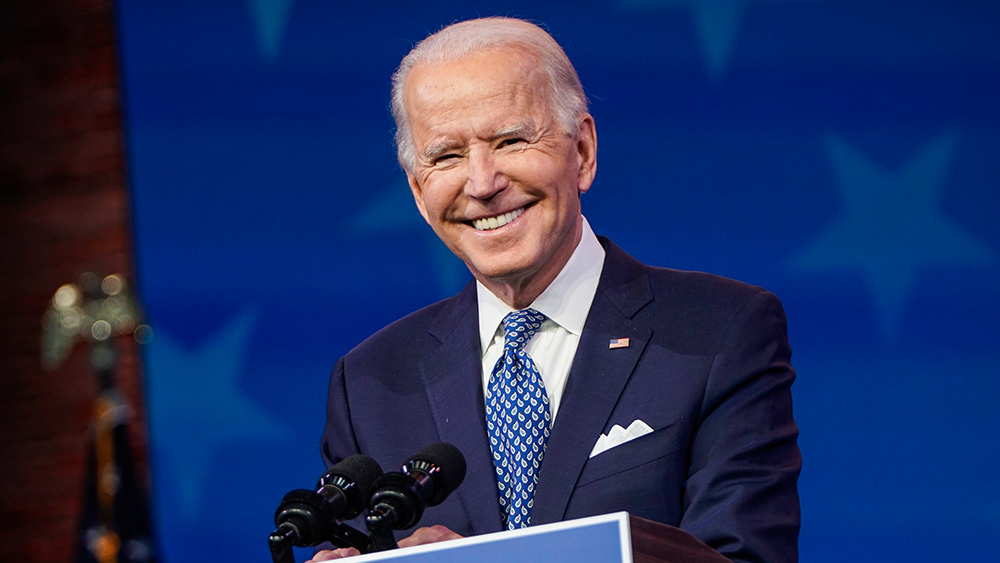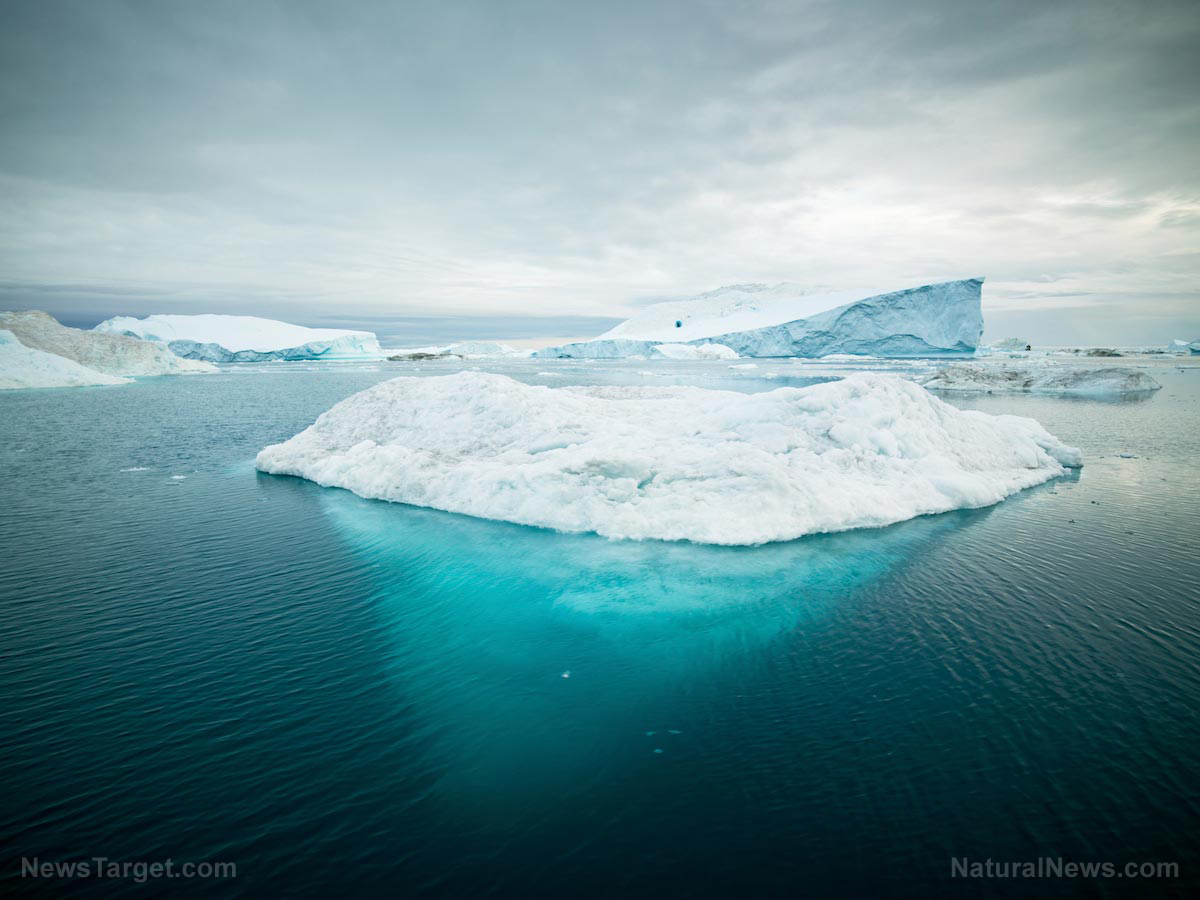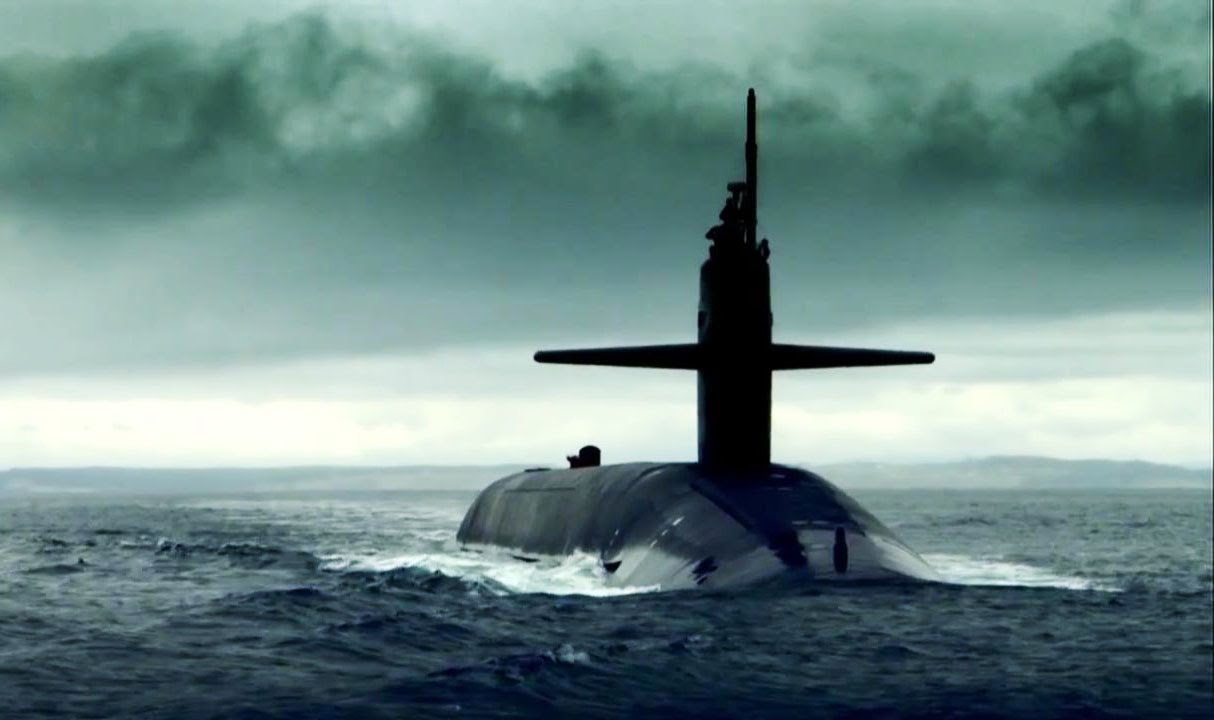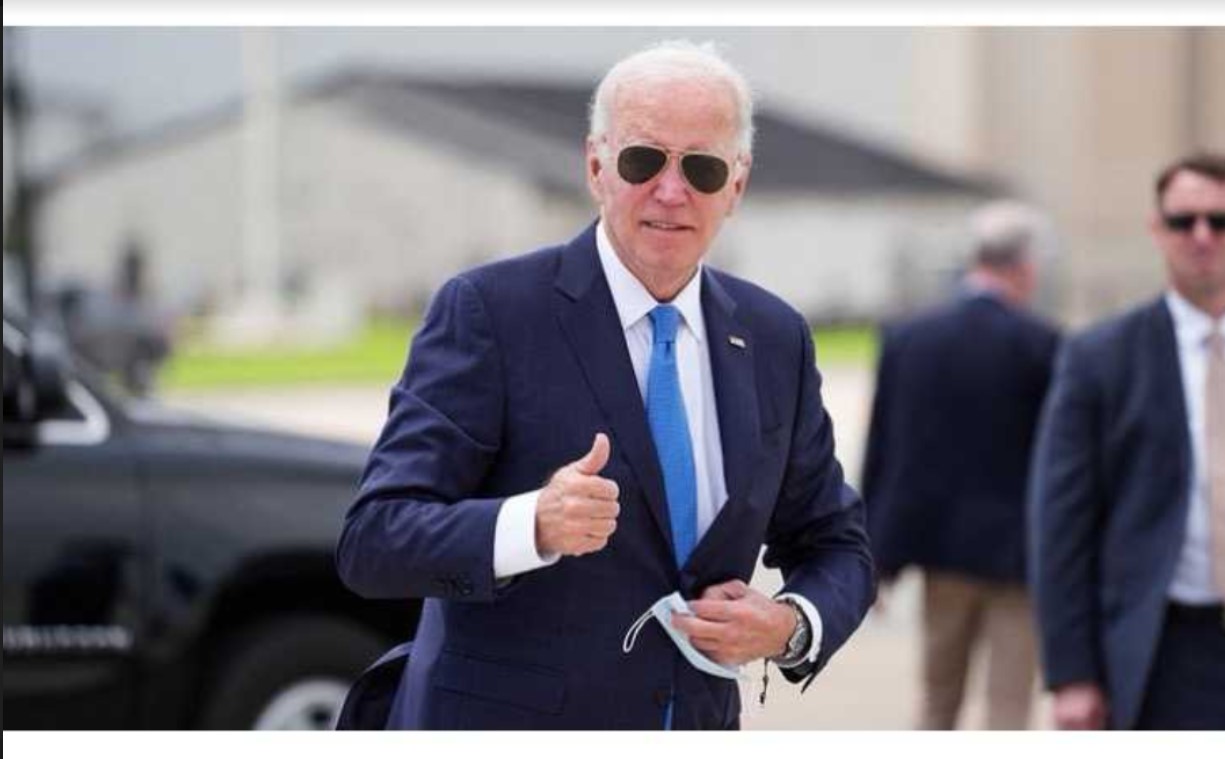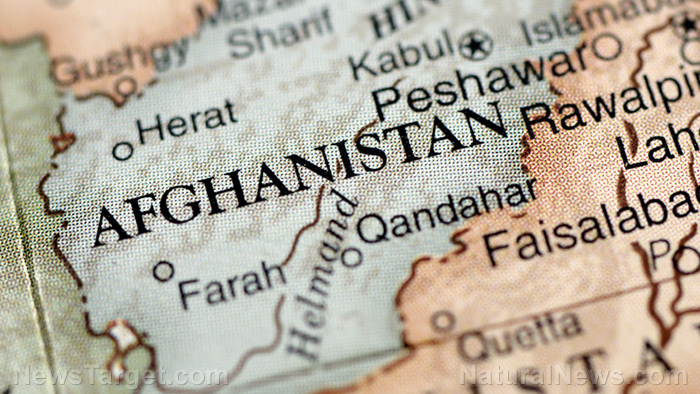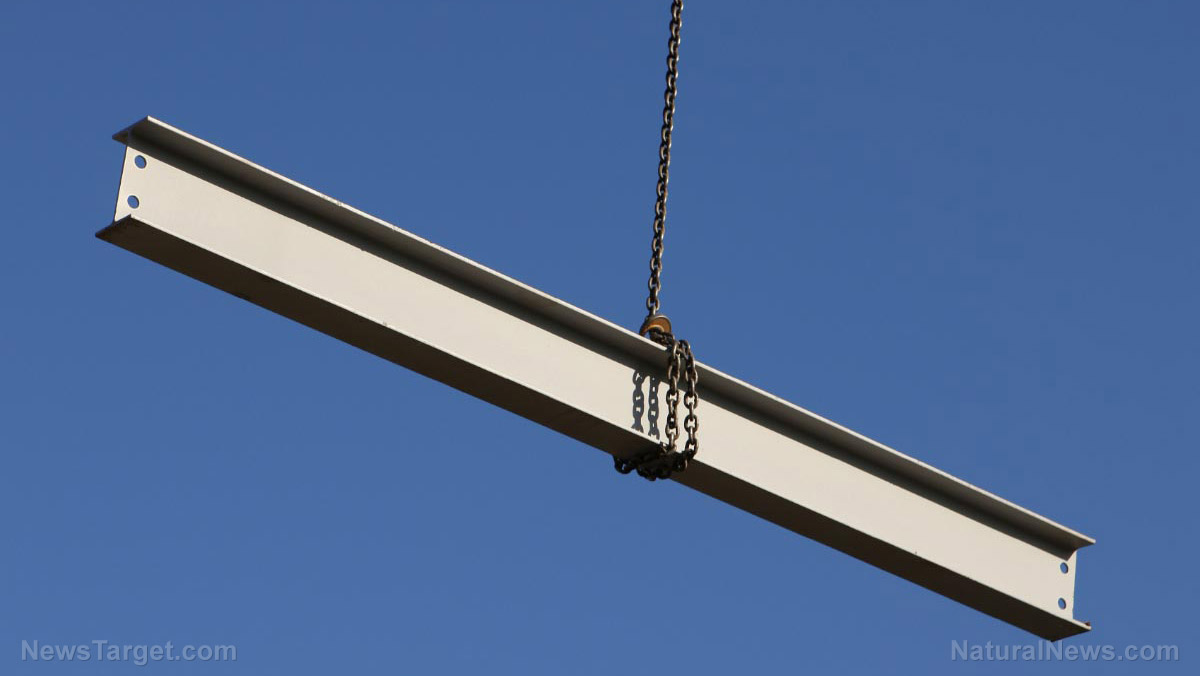Russia sees Trump’s Greenland proposal as MILITARY THREAT, as Russia stealthily carries out their military objectives in the arctic
01/10/2025 / By Lance D Johnson
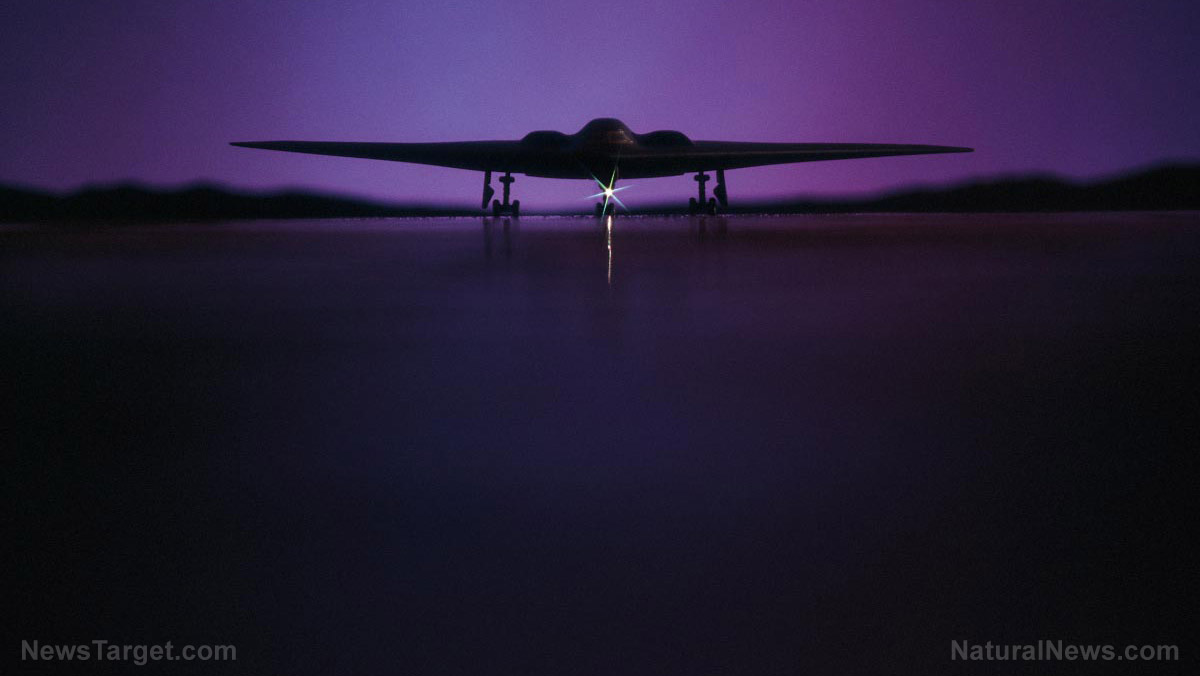
- President-elect Donald Trump’s proposal to acquire Greenland has been met with firm rejections from Denmark and Greenland, as well as warnings from Russia about potential military threats.
- Greenland’s strategic location in the Arctic makes it a focal point for U.S. national security interests, particularly in countering Russia’s growing military presence and advanced hyper sonic missile capabilities.
- The Arctic region is rich in natural resources and emerging shipping routes, making it a critical theater in the new Cold War between global powers.
- Russia has emphasized its commitment to maintaining peace and stability in the Arctic while warning against U.S. efforts to strengthen its position at the expense of other nations.
- What military objectives is Russia carrying out in the arctic, for them to see the US as a military threat?
Russia views annexation of Greenland to the US as a MILITARY THREAT
In a move that has reignited geopolitical tensions, President-elect Donald Trump’s proposal to acquire Greenland has drawn sharp reactions from Denmark, Greenland, and Russia. The Arctic island, rich in natural resources and strategically positioned, has become a flashpoint in the growing rivalry between the United States and Russia. Trump’s assertion that “ownership and control of Greenland is an absolute necessity” for U.S. national security has raised concerns about the militarization of the Arctic and the potential for conflict in a region increasingly seen as a new Cold War battleground.
Greenland, the world’s largest island, is an autonomous territory within the Kingdom of Denmark. Its vast expanse and proximity to the Arctic make it a critical asset for any nation seeking to dominate the region. The Arctic is not only a repository of untapped oil, gas, and rare earth minerals but also a rapidly changing landscape due to melting ice, which is opening new shipping routes and access to resources.
Russia has been particularly active in the Arctic, bolstering its military presence and developing advanced hyper sonic missiles like the Oreshnik, which can travel at speeds exceeding Mach 5. These missiles are nearly impossible to intercept with current defense systems, posing a significant threat to U.S. national security. Andrey Kartapolov, chairman of Russia’s State Duma Defense Committee, warned that U.S. control of Greenland could provide a “springboard for America in a future hypothetical intercontinental clash.”
“Greenland occupies a very large area in the Arctic and gives direct access to the Arctic, so for us it would not be the best option,” Kartapolov told RIA Novosti. His comments underscore the high stakes of Arctic geopolitics, where control over territory could determine the balance of power in a future conflict.
Denmark and Greenland push back against U.S., but could become sitting ducks as Russia advances in the arctic
The idea of selling Greenland has been firmly rejected by both Danish and Greenlandic officials. Danish Prime Minister Mette Frederiksen stated unequivocally, “Greenland is not for sale and will not be in the future either.” Greenland’s pro-independence Prime Minister, Múte Bourup Egede, echoed this sentiment, declaring, “We are not for sale, and we will not be for sale.” However, Greenland could become sitting ducks, as Russia advances its military objectives into the arctic.
Greenland, which was granted home rule by Denmark in 1979 and the right to declare independence through a referendum in 2009, has its own ambitions for self-determination. Danish Foreign Minister Lars Lokke Rasmussen emphasized that Greenland’s future should be determined by its people, not external powers. “We fully recognize that Greenland has its own ambitions. If they materialize, Greenland will become independent, though hardly with an ambition to become a federal state in the United States,” Rasmussen said.
Trump’s proposal has also been criticized as impractical and provocative. Former Russian President Dmitry Medvedev described the idea as “over the top and eccentric—and totally unworkable.” Even within the U.S., the proposal has been met with skepticism, with many viewing it as a relic of 19th-century imperialism rather than a viable 21st-century strategy.
Russia’s arctic ambitions and the new Cold War
The Arctic has become a critical theater in the new Cold War, with Russia, the U.S., and other Arctic nations vying for control over resources and strategic positions. Russia has invested heavily in Arctic infrastructure, including military bases and icebreakers, and has warned against NATO’s increasing military activity in the region.
Kremlin spokesman Dmitry Peskov emphasized Russia’s commitment to maintaining peace and stability in the Arctic. “We are present in the Arctic zone, and we will continue to be present there,” Peskov said. “We are interested in maintaining an atmosphere of peace and stability in the region and are ready to cooperate with all countries of the world in the name of this peace and stability.”
However, Russia has also made it clear that it will not tolerate efforts by the U.S. to strengthen its position at the expense of others. Vladimir Barbin, Russia’s ambassador to Denmark, warned that “an attempt to strengthen U.S. national security at the expense of other countries… will be taken into account by Russia in its military planning.”
Russia’s defensive statements should make US and European officials consider that Russia does have motivations in the Arctic that should be strategized and defended against.
Sources include:
Submit a correction >>
Tagged Under:
arctic military presence, chaos, Cold War, Dangerous, deception, Greenland, imperialism, military strategy, national defense, national security, NATO, natural resources, peace, Psychological Warfare, Russia's military strategy, Russian motivations, stability, WWIII
This article may contain statements that reflect the opinion of the author
RECENT NEWS & ARTICLES
COPYRIGHT © 2017 NATIONAL SECURITY NEWS


